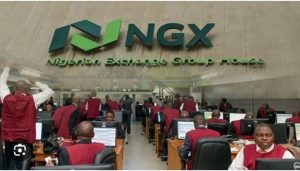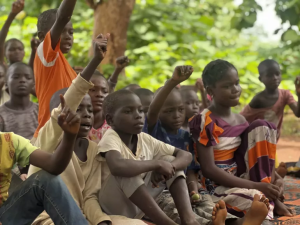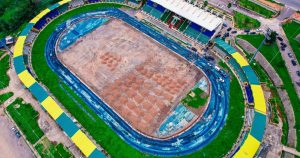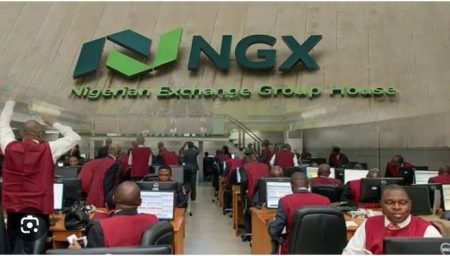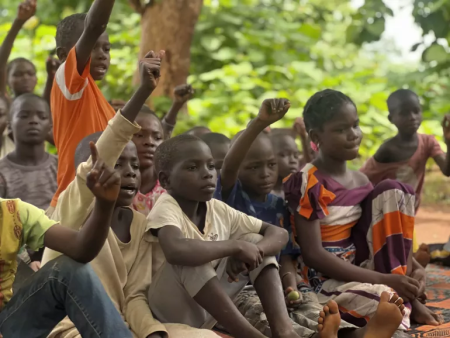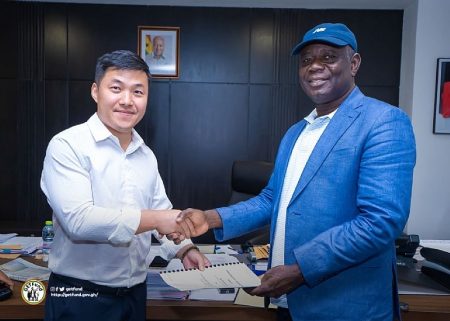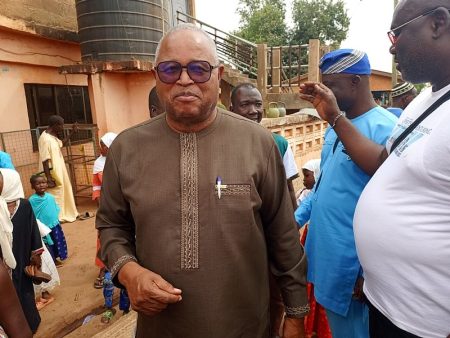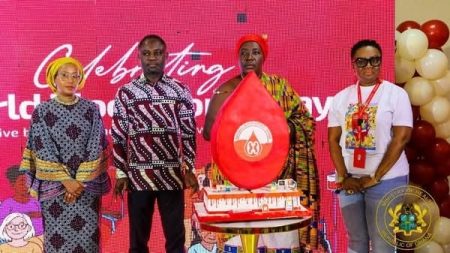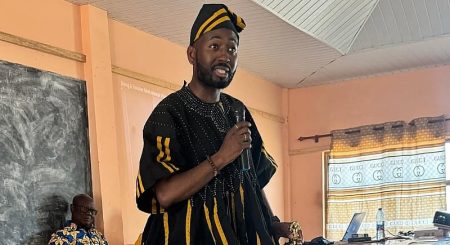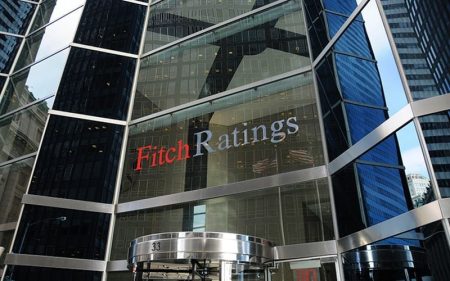Ghana’s Small-Scale Gold Miners Strive for Compliance with New Licensing Framework
The Concerned Small Scale Miners Association of Ghana is making significant strides towards meeting the June 21, 2025, deadline for compliance with the nation’s new gold trading license framework, established by the Ghana Gold Board (GoldBod). This framework represents a crucial step in formalizing the small-scale gold mining sector, bringing it under regulatory oversight and promoting responsible mining practices. Initially, many small-scale miners faced challenges in meeting the original May 21, 2025, deadline, primarily due to bureaucratic hurdles in obtaining the necessary documentation. The Association, recognizing the difficulties faced by its members, requested an extension, which GoldBod granted, setting the final deadline for June 21, 2025, with a firm stance against further extensions.
The Association’s President, Michael Kwadwo Peprah, expressed confidence in their progress and the ability of members to meet the revised deadline. He attributed the initial delays to bottlenecks within the Environmental Protection Agency (EPA), where the process of acquiring the required environmental certificates often took over a week, creating a significant obstacle to timely license applications. However, the situation has significantly improved with the establishment of additional EPA offices at the district level, streamlining the process and enabling small-scale miners to obtain environmental clearances more efficiently.
The improved collaboration between various regulatory agencies has also contributed to the positive momentum. State institutions are now prioritizing the GoldBod licensing process, facilitating the formalization of small-scale mining operations. This concerted effort is bringing a significant portion of the sector, which previously operated outside the legal framework, into compliance with regulations, promoting transparency and responsible environmental practices.
The Association’s commitment to working with regulators is paramount in achieving full compliance before the deadline. This collaborative approach ensures that small-scale miners receive the necessary support and guidance to navigate the licensing process successfully. By working together, the Association and regulatory bodies aim to create a more sustainable and responsible small-scale gold mining sector in Ghana.
The drive towards formalization holds significant implications for Ghana’s economy and environment. By bringing small-scale mining operations within the legal framework, the government can better track gold production, collect appropriate taxes and royalties, and ensure that mining activities adhere to environmental regulations. This, in turn, contributes to increased revenue for the state, fostering sustainable development and mitigating the negative environmental impacts often associated with unregulated mining.
Furthermore, formalization empowers small-scale miners by providing them with legal recognition and access to financial resources, which can be used to invest in improved equipment and technology, enhancing productivity and safety. This transition from informal to formal operations creates a more equitable and sustainable mining sector, benefiting both individual miners and the national economy. The journey towards compliance requires ongoing collaboration between the Association, regulatory bodies, and the miners themselves, ensuring that the process is inclusive and addresses the specific needs and challenges faced by small-scale miners.


